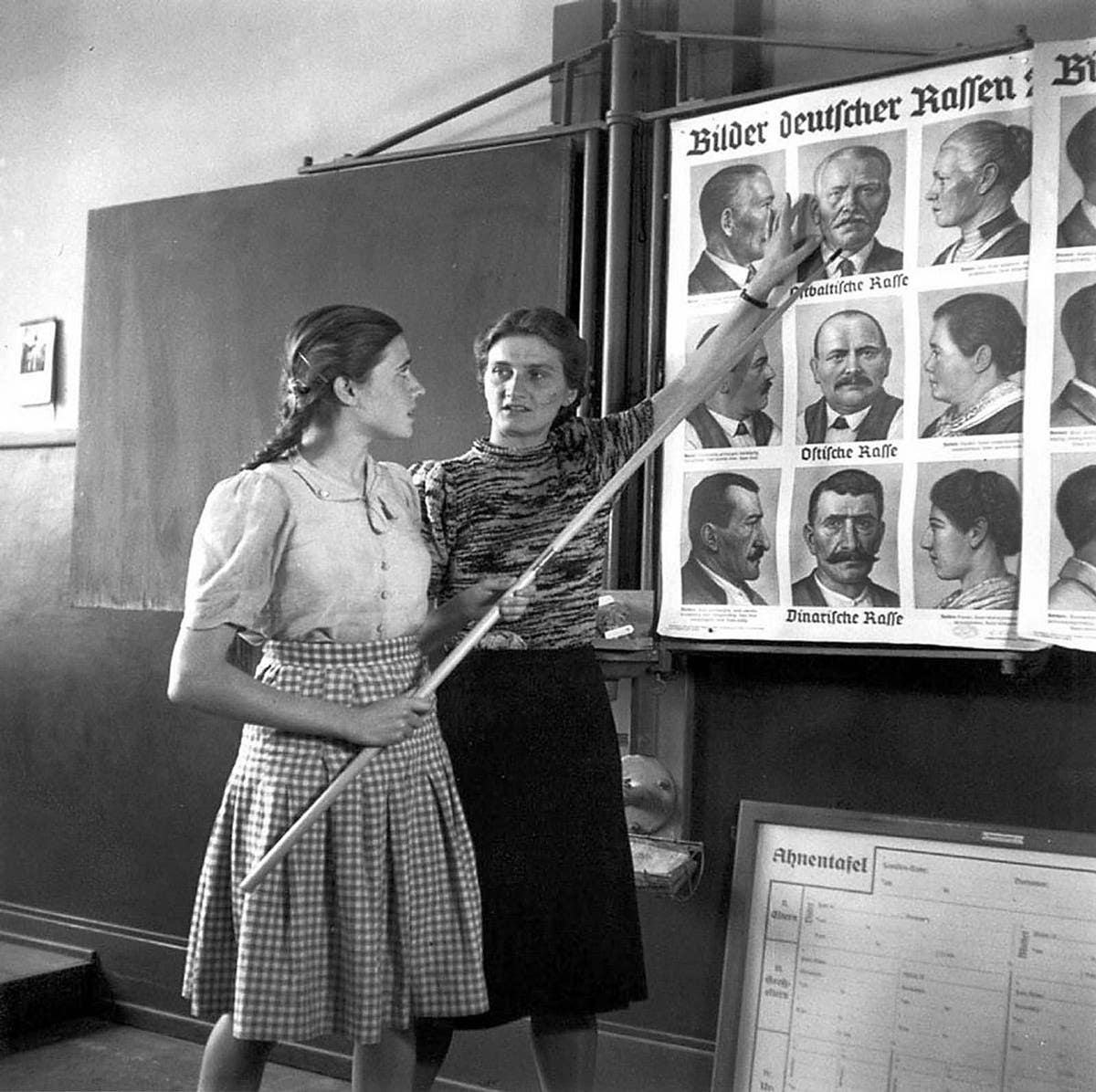New Tennessee exhibit commemorates War of 1812
NASHVILLE, Tenn. — The Tennessee State Museum commemorates the 200th anniversary of the War of 1812 with a new exhibition, Becoming the Volunteer State: Tennessee in the War of 1812….
NASHVILLE, Tenn. — The Tennessee State Museum commemorates the 200th anniversary of the War of 1812 with a new exhibition, Becoming the Volunteer State: Tennessee in the War of 1812. The exhibit is now open and will be on view in the museum’s Changing Galleries until June 24, 2012. Admission is free.
The State Museum collaborated with six organizations to develop and produce the exhibition, including The Hermitage: Home of President Andrew Jackson, the Tennessee Historical Society, the State Library & Archives, the East Tennessee Historical Society, Tennessee War of 1812 Bicentennial Committee and Humanities Tennessee. Important art, portraits, uniforms, weapons and period artifacts from the era as well as a broad variety of documentary art, maps and illustrations have been selected to recreate a flavor of the times.
The War of 1812, fought against Great Britain, culminated in the Battle of New Orleans in January 1815. While this conflict is often overlooked by the American public, the battle was important in establishing the American national identity. Some noted historians believe that it was the “second American Revolution,” which marked the United States true independence from Britain.
At its conclusion, the war made western lands accessible for settlement, secured the American frontier from Indian uprisings and protected the Mississippi River as an avenue for trade and prosperity. The war also gave Americaone of its most important heroic figures, Andrew Jackson.Jackson eventually rode his success as a military commander all the way to the White House, where the strong presidency he created became a model for American democracy.
Tennesseans participated in the war against the British and their Indian allies in theGreat Lakesarea. Then, when the British threatened the Gulf Coast, Tennesseans contributed to their defeat at New Orleans. By the time the war was over several Tennesseans were beginning to emerge as important American figures, including Jackson, David Crockett, Sam Houston, Edmund Gaines (Act of Congress Medal winner) and Sequoyah.
The war in the south was particularly aTennessee war, waged predominately byTennessee militia, volunteers or regular army units raised in the state. So many Tennesseans volunteered for service that the state soon began to be known by its now-famous nickname, the “Volunteer State.”
The exhibit will be on view until June 24 and will continue to travel across the state. For more information on museum hours, directions and parking locations, visit tnmuseum.org.








